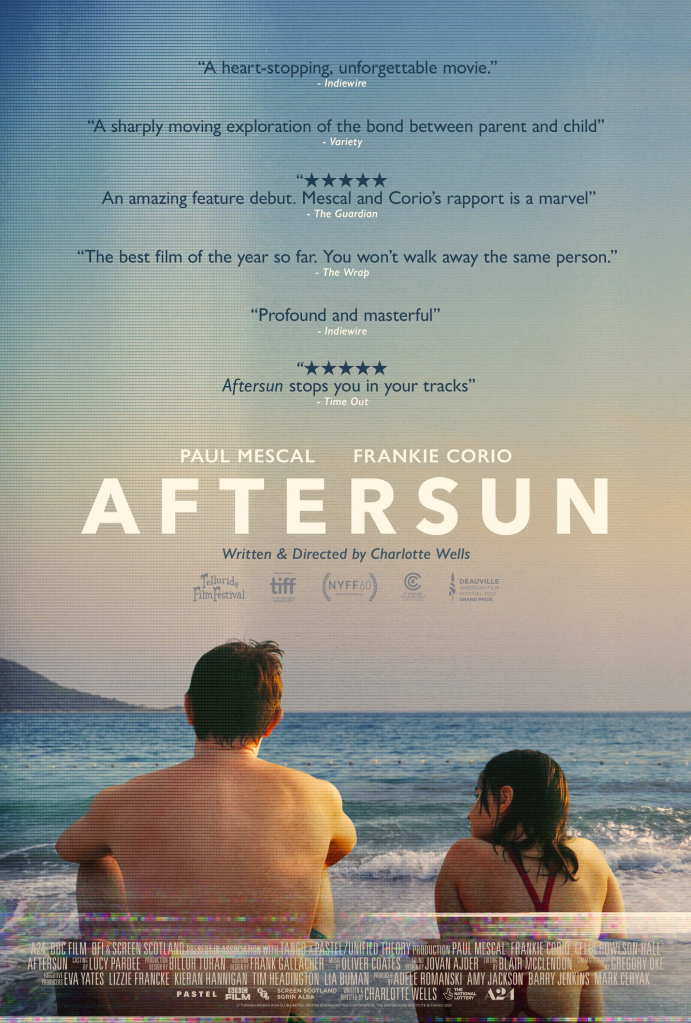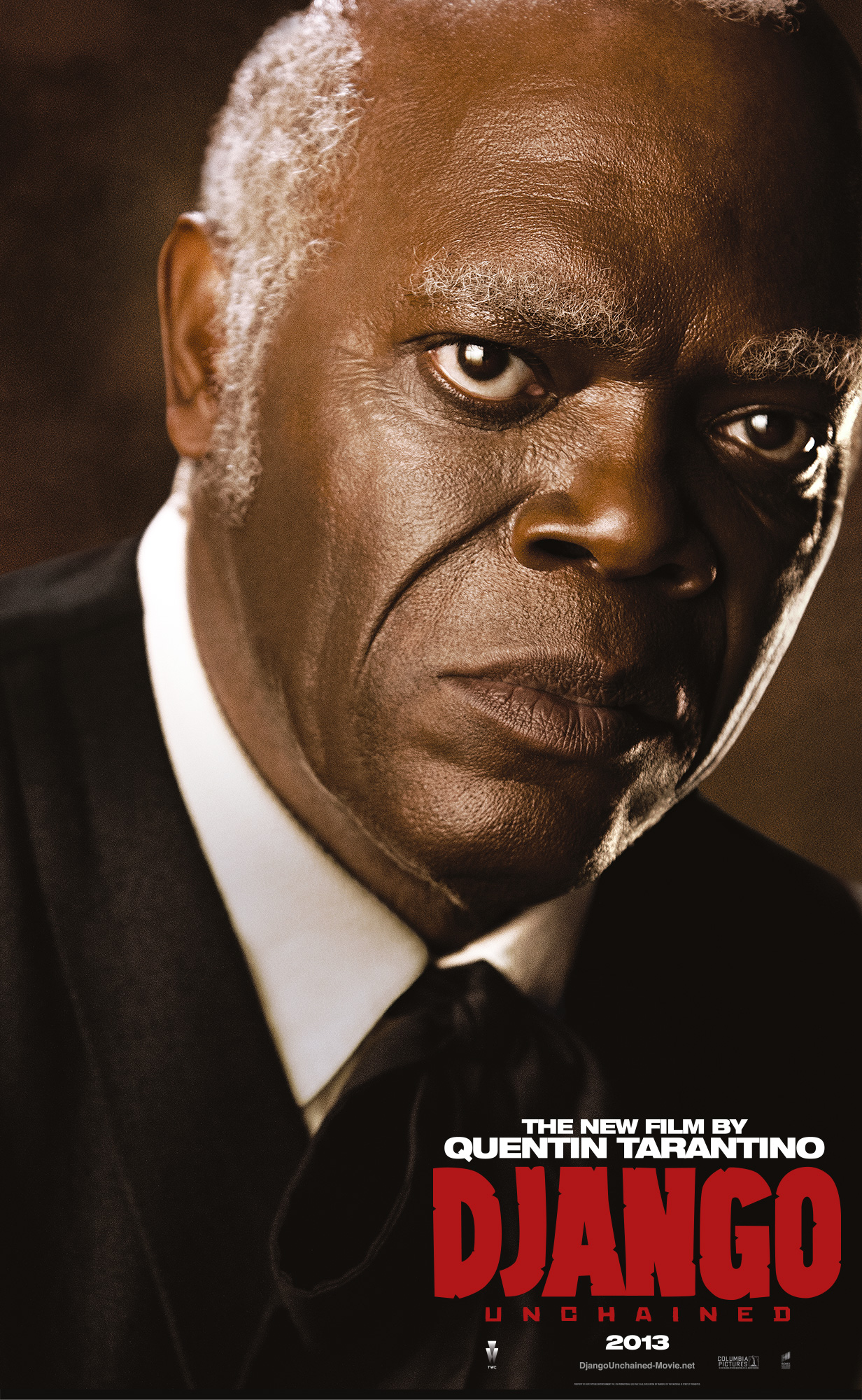
Despite the movie’s understated style it has ended the year in a huge great ball of hype. A ball that might have rendered it disappointing in the flesh.
It’s anything but disappointing.
It’s not plot driven, far from it.
Really it’s a mood piece that captures the innocence of childhood (the 11 year old Sophie’s early moments of an impending puberty) and parental guilt (her divorced Dad, Callum, played beautifully by Paul Mescal).
Together this father and daughter team create a simply breathtaking and utterly believable rendering of how an unlikely couple would spend a week on a cut price package holiday from Edinburgh to Turkey in the 1990’s.
As a Dad myself, it’s incredibly evocative (OK, I don’t carry the baggage of divorce with me) it also effortlessly captures the mood of early 1990’s culture, including the rave scene, that I was too old for but totally ‘get’ its significance.
Although much of the relationship between the two is positive and really quite intimate there’s an underscore of dread and jeopardy.
Something’s gonna go wrong, right?
The movie has an unsettling mood, right from the off and, at times, this threatens to break the surface. Water is a constant theme in the movie, pools and sea that suggest drowning.
Drowning under the pressure of raising your daughter right, drowning under the pent up anger that presents itself again and again, subtly but scarily, like when Callum spits his mouthwash onto the bathroom mirror in the hotel. In the way he arrives with a broken wrist and then clumsily tries to remove the cast in a bucket of (again) water with a pair of nail scissors.
Is suicide imminent?
Sophie is charm personified, a bubbly (but not precocious) 11 year old played by 9 year old street find, Frankie Corio.
What a performance. You know the kind. Never acted before and looks set to win awards. Effortless and completely believable and compelling.
Her adult self looks back on the holiday 20 years later looking for clues as to why what later happened might have happened. It’s a forlorn search.
First time Scottish director Charlotte Wells has created a piece that reminded me somewhat of Lynne Ramsay’s masterful Allan Warner adaptation, Morvern Callar.
But this is no me too. It has its own rich quality and introduces us to someone of Ramsay’s greatness, straight out of the blocks.
It is Wells that is the true star of this piece at the end of the day.
Nothing short of magnificent.

































